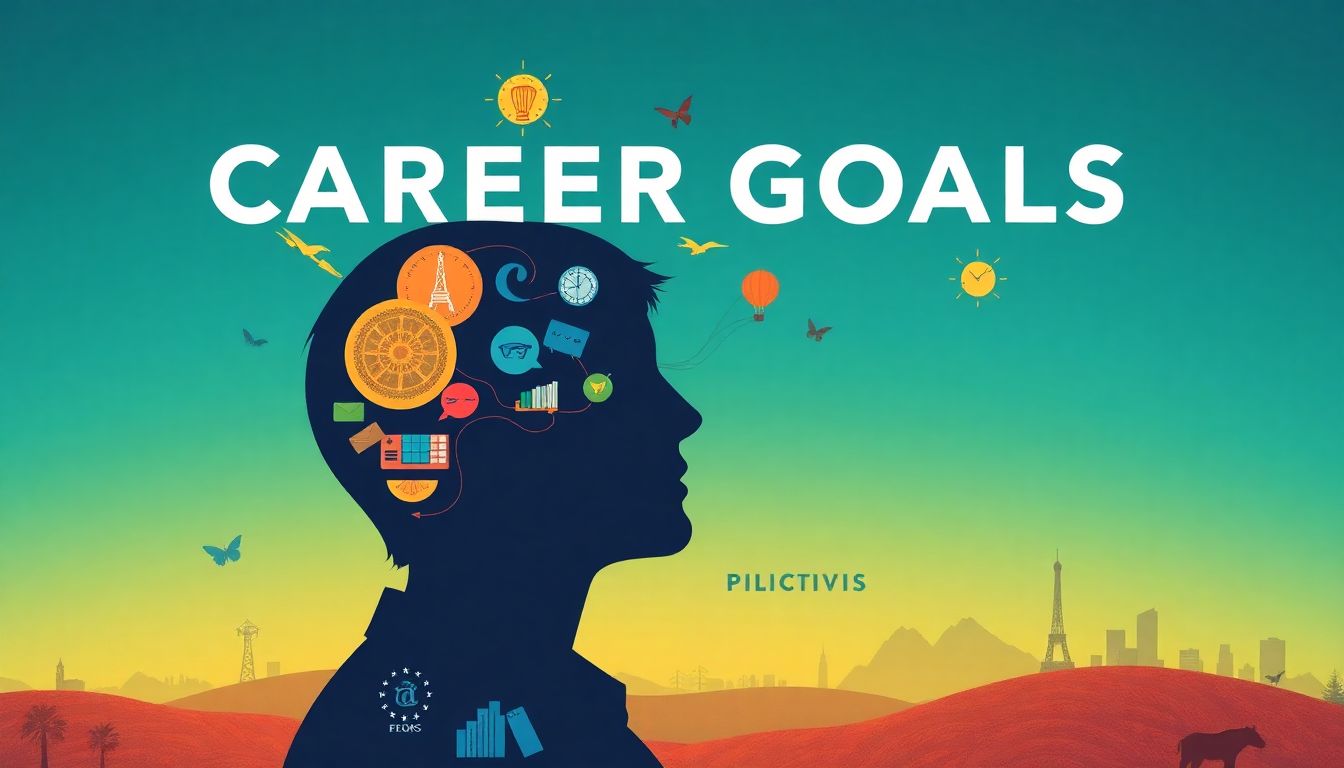Setting career goals is a common practice. But setting goals that truly connect with who you are — your values, your life vision, and your natural talents — is a different story.
Often, professional goals are based on external expectations: earning a certain amount by a certain age, reaching a leadership role, or achieving a specific status. And while these accomplishments can be valid, they only bring true satisfaction if they’re aligned with what you genuinely want.
In this article, you’ll learn how to create career goals that are meaningful, sustainable, and—most importantly—authentic.
Why Misaligned Goals Lead to Frustration
When your goals don’t reflect who you are, the journey toward them can become:
- Exhausting
- Confusing
- Unsatisfying, even when you “make it”
You might reach a milestone only to feel an unexpected sense of emptiness or wonder: “Is this it?”
That’s usually because the goal wasn’t truly connected to your identity or purpose.
Start With Self-Awareness, Not Outcomes
Instead of starting with external benchmarks, begin by looking inward. Ask yourself:
- What inspires and moves me?
- What do I value in work and in life?
- How do I want to feel along my career path?
These answers will form the foundation for setting goals that make sense for you—not for your resume, your parents, or the algorithm.
Focus on What You Want to Experience, Not Just Achieve
Shifting your focus from outcomes to experiences is a powerful pivot. Instead of thinking, “I want to earn $X per month,” try asking:
- What kind of daily routine do I want?
- What kind of people do I want to work with?
- What kind of impact do I want to have on others or the world?
This doesn’t mean giving up on concrete goals—it means making them smarter by grounding them in clarity.
Align Your Goals With Your Values
If you value freedom, goals that involve extreme control won’t work.
If you value stability, an unpredictable routine may wear you down.
If you value creativity, rigid goals will likely demotivate you.
List your top five values and check whether your current goals reflect them. If they don’t, it may be time to adjust your focus.
Use Goals as a Compass, Not a Cage
Goals are tools—not prisons. They’re meant to guide your direction, not trap you in a fixed path.
That’s why it’s essential to revisit them regularly and ask:
- Does this goal still make sense for me?
- What have I learned since I set it?
- What needs to be adjusted based on who I am today?
Allow yourself to evolve. Flexibility is also a sign of emotional intelligence and self-leadership.
Make Your Goals Human and Attainable
Poorly defined goals become monsters. Well-defined goals become possible, practical plans.
Example of a vague goal: “I want to grow in my career.”
Example of a clear, aligned goal: “Over the next six months, I want to prepare to lead a project that challenges me in communication and leadership.”
The more your goal connects with your identity—and the more specific it is—the easier it is to take action with confidence.
Break It Into Purposeful Micro-Actions
Once you’ve set an aligned goal, the next step is to break it into smaller, practical, and intentional actions.
Example:
Goal: Develop empathetic leadership
Micro-actions:
- Read a book on human-centered leadership
- Observe leaders I admire and take notes on their behavior
- Practice active listening during weekly team meetings
- Ask for feedback on how I communicate and support others
These small steps create real movement. And each one reinforces your connection to the goal—because it was born from you.
Validate Your Goals With Your “Why”
Before you commit to any goal, ask:
- Why is this important to me?
- What do I hope to feel once I achieve it?
- Is this aligned with the person I want to become?
If your answers are strong and honest, the goal deserves your energy. If not, it might need to be revised—or even released.
You Are the Author of Your Goals
Career goals don’t need to follow a generic template. They can—and should—be designed based on your story, your essence, and what makes sense for you right now.
You can grow without losing yourself.
You can achieve without burning out.
You can build a path to success with clarity, intention, and meaning.
And it all starts with a goal that is truly yours.
